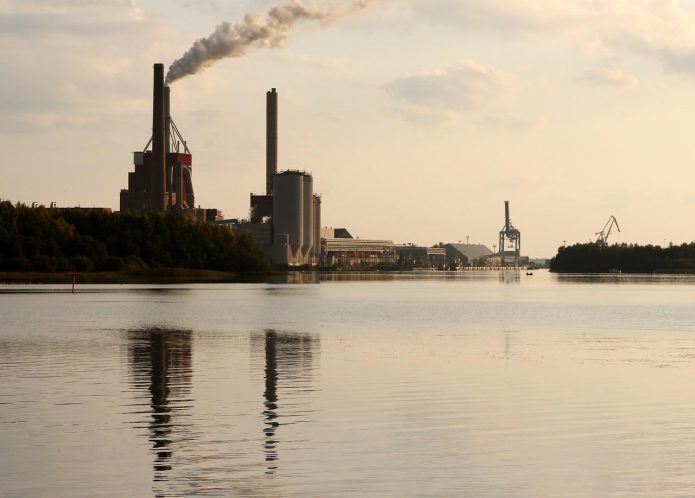
In a number of 1967 speeches, Martin Luther King famously explained how the “three evils” of racism, poverty, and war were intertwined. That same year, King and other visionary leaders started a Poor People’s Campaign to expose the moral crisis of poverty in the richest country in the world and to confront those three evils.
Today, visionary leaders in movements for social and economic justice have launched a new Poor People’s Campaign, to combat the same moral crisis in a different age. They’ll be launching marches, rallies, and campaigns of civil disobedience in over 30 states this spring.
King’s insights about the intersections of racism, poverty, and war are as true now as they were in 1967.
Areport released this week by today’s Poor People’s Campaign and the Institute for Policy Studies offers decades worth of data on how these crises intersect, what their systemic roots are, and why we need grassroots people power to dismantle them.
But understanding how King’s “three evils” operate today also needs to take into account a fourth set of evils: climate change, ecological devastation, and the grossly unequal ways in which they operate. As an author of that section to the report, I feel strongly that fulfilling King’s vision means addressing the deep inequities of climate change head-on.
…
